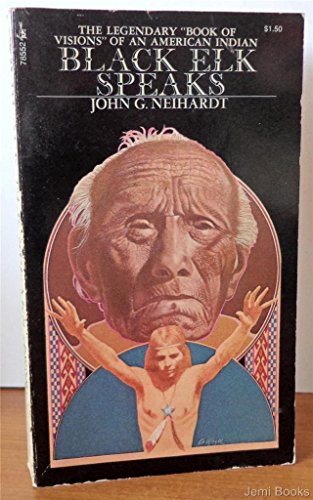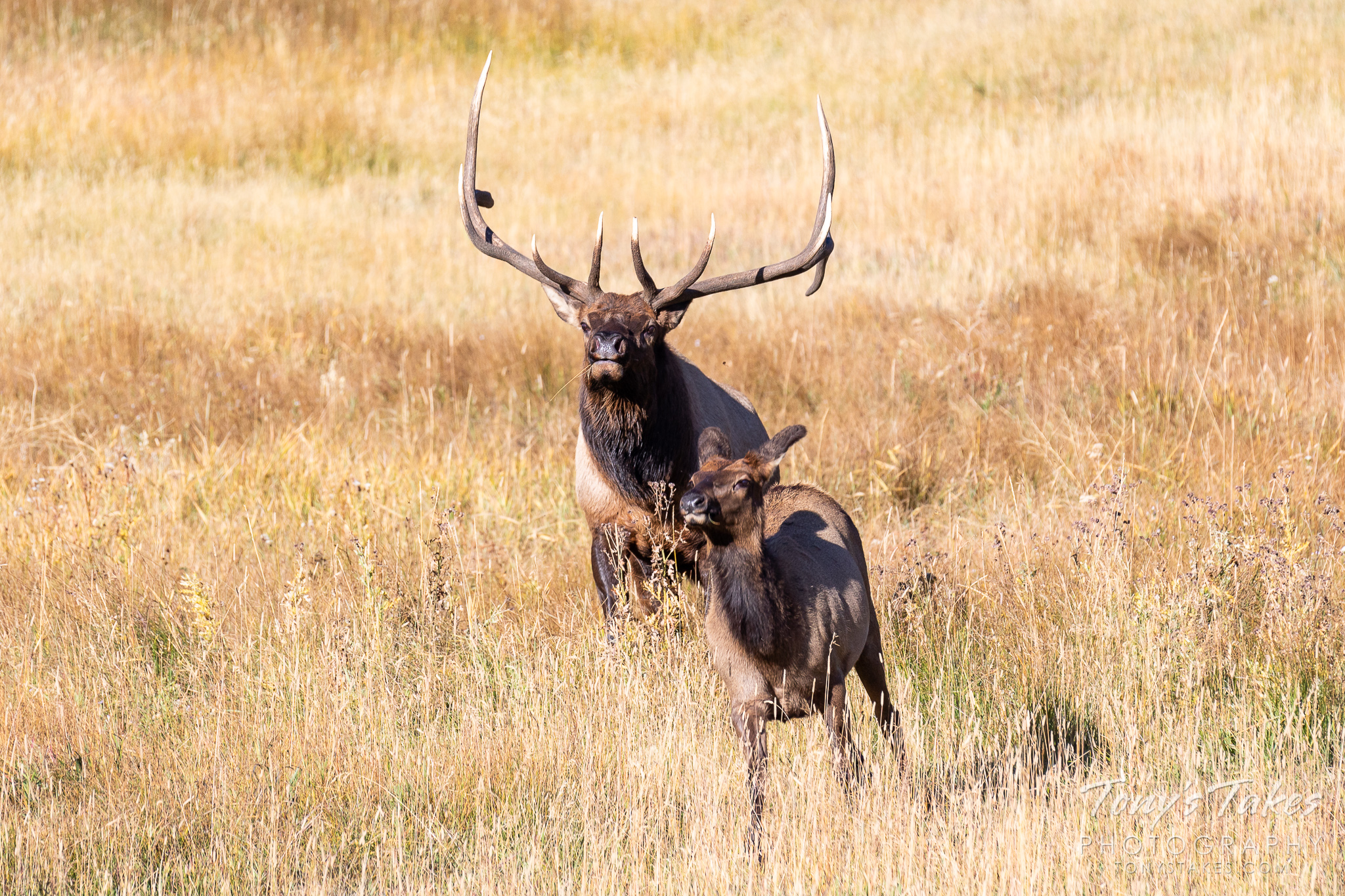


Today we talk about evangelization and mission differently missionaries undertake a different sort of work at least I hope we do. The systemic transgressions and atrocities committed against Indigenous peoples, in decades and centuries past, have been well-documented both in the U.S. It is difficult to look at the legacy of white missionaries “saving” brown people of other spiritual traditions, as well-intentioned as many of them were. Even debunked and inappropriate ideas that white Europeans brought peace, security, and faith to dark-skinned peoples are resurrected in Biggar’s book when he uses terms like “natives” without embarrassment, and when he makes arguments such as “imperial pacification was beneficial in ending constant intertribal warfare.” A former University of Oxford professor, Nigel Biggar, published a book earlier this year called Colonialism: A Moral Reckoning, summarizing a project of several years called “Ethics and Empire” aiming to “balance out the violence committed in the name of empire with its supposed benefits.” Biggar seems to want to defend colonization. But they are also aware, in many parts of the U.S., that their teachers could be fired for teaching such history, so fearful we seem to be of examining the sins of our past. Today, I think children are more conscious of Indigenous people and history I hope they are. I didn’t even know the words Potawatomi, Chippewa, and Ottawa until much later. I wasn’t taught any of this as a child in school. government for the equivalent today of about $200 acre. The Wheaton brothers then purchased 1,200 acres from the U.S. The city is named for two brothers, Warren and Jesse Wheaton, who arrived in 1829, just a few years after the United States government acquired the land by coercing Potawatomi, Chippewa, and Ottawa people to sign what’s known as the Treaty of Prairie du Chien. I grew up in Wheaton, Illinois, twenty-five miles west of Chicago.


 0 kommentar(er)
0 kommentar(er)
